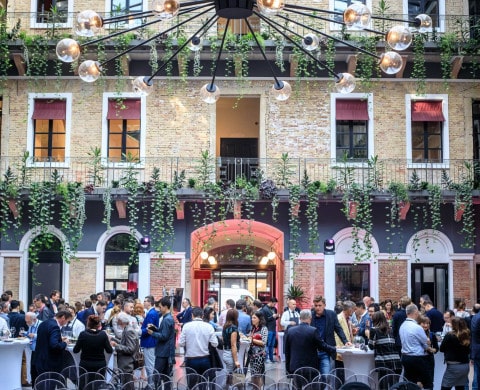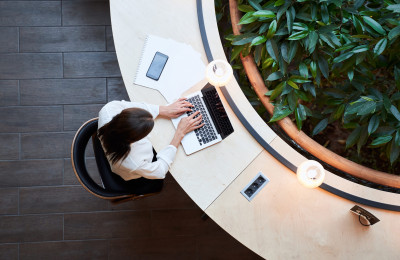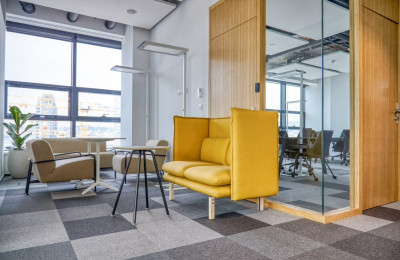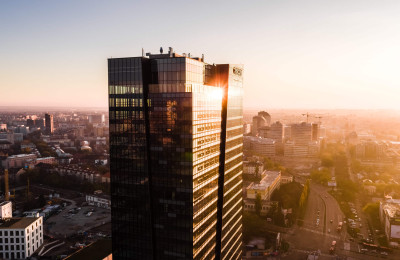Talks sparks new ideas for an empowered future
On Tuesday, May 28th, our conference Talks took place at Komplex Event in Budapest in the same building as our HubHub. Over 200 guests gave their attention to four speakers whose topics focused on workplaces, productivity, devotion and climate change.
An innate part of our human existence is to give purpose to actions. Whatever we do, there is a reason behind it. As sport enthusiasts have a clear aim to achieve goals and overcome fear, those who are environmentally conscious adjust their activities to lower their CO2 footprint and people working in offices arrange their time and space around reaching peak productivity and well-being.
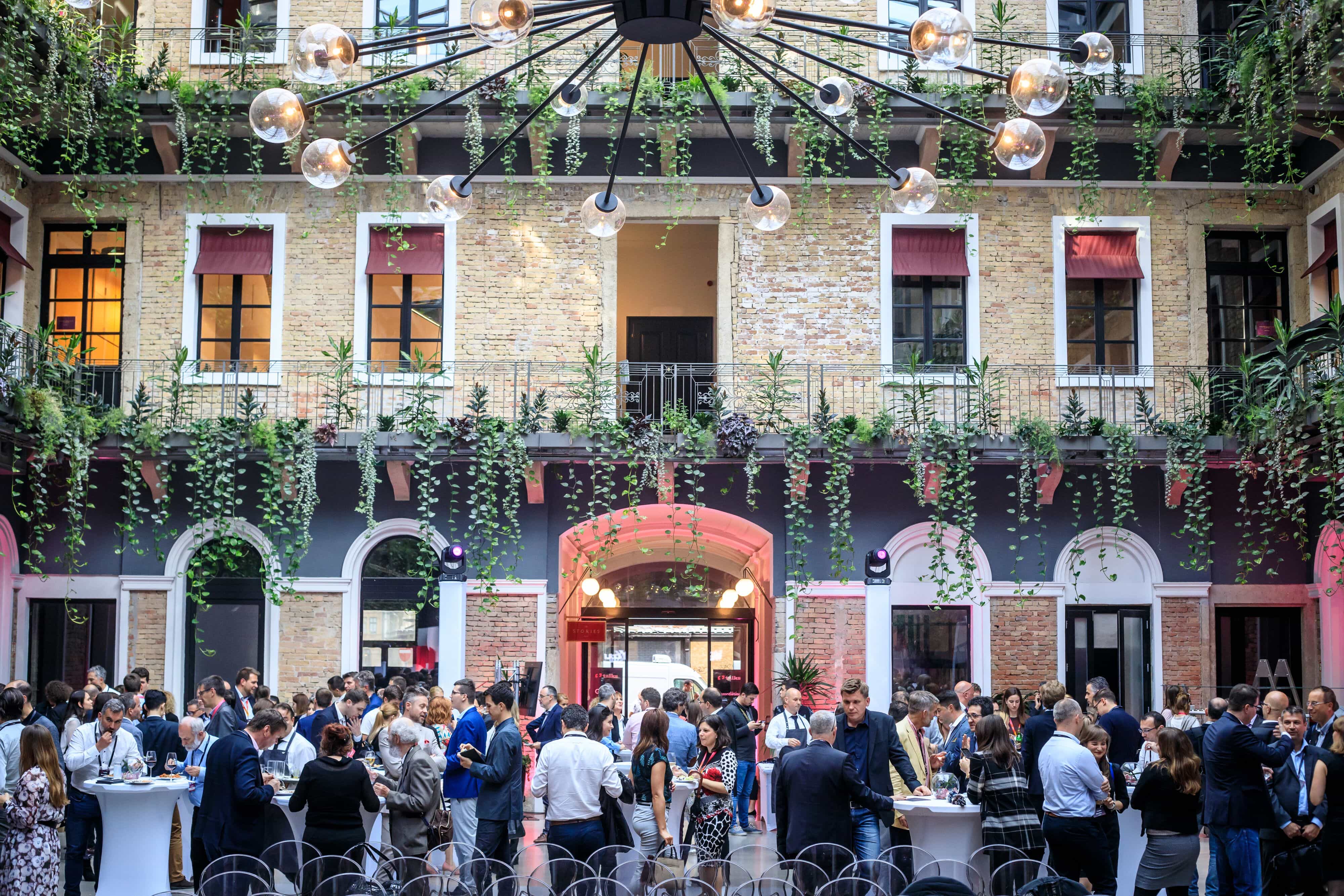
All of these topics resonate in society nowadays. Yes, many of us are business people, going to work from 9 to 5. BUT! We are also environment sympathizers, volunteers, travellers and sportswo(men).
That’s why we invited a great mix of leaders to give speeches about their expertise in their field:
Andy Habermacher – Neuroleadership expert – SCOAP-Profile GmbH
Szilvia Lubics – ultra-runner
Tim Oldman – Founder and Director – Leesman Index
Istvan Bart – Founder and Director – Climate Strategy Institute 2050
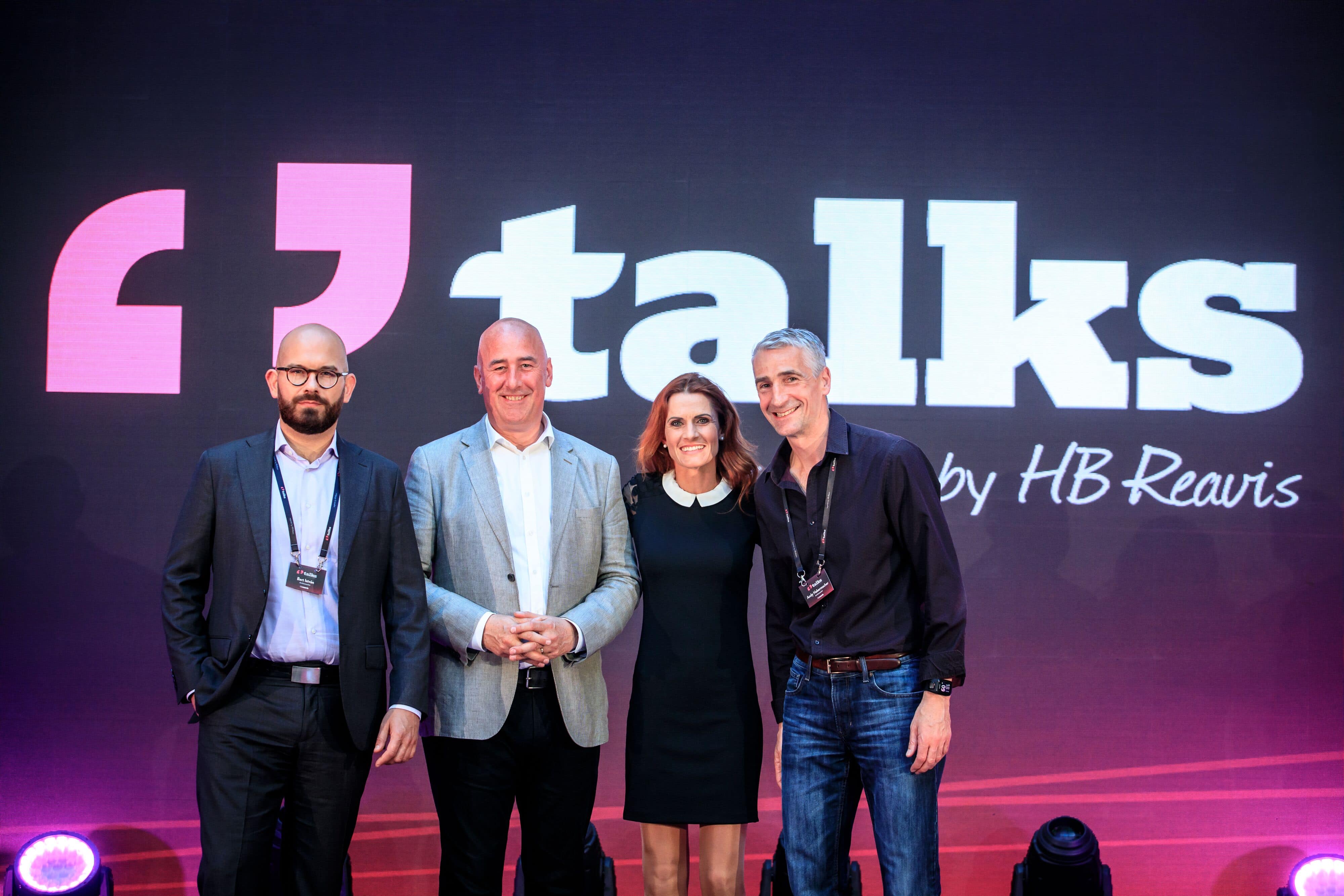
52+17 = job done
Gaining focus and avoiding work overload. As a business (wo)man you pretty much should have been there. Andy Habermacher introduced many neuroscience notions which challenge generally adopted practices at work. Starting with the challenging 8 hour work time as being far from ideal for employee well-being (not very good for your brain indeed!), he followed by acknowledging that scientists working only 12 hours per week deliver better results than their colleagues that are engaged at work 40 hours a week. Luckily, he gave specific tips on how to improve your working routine and well-being.
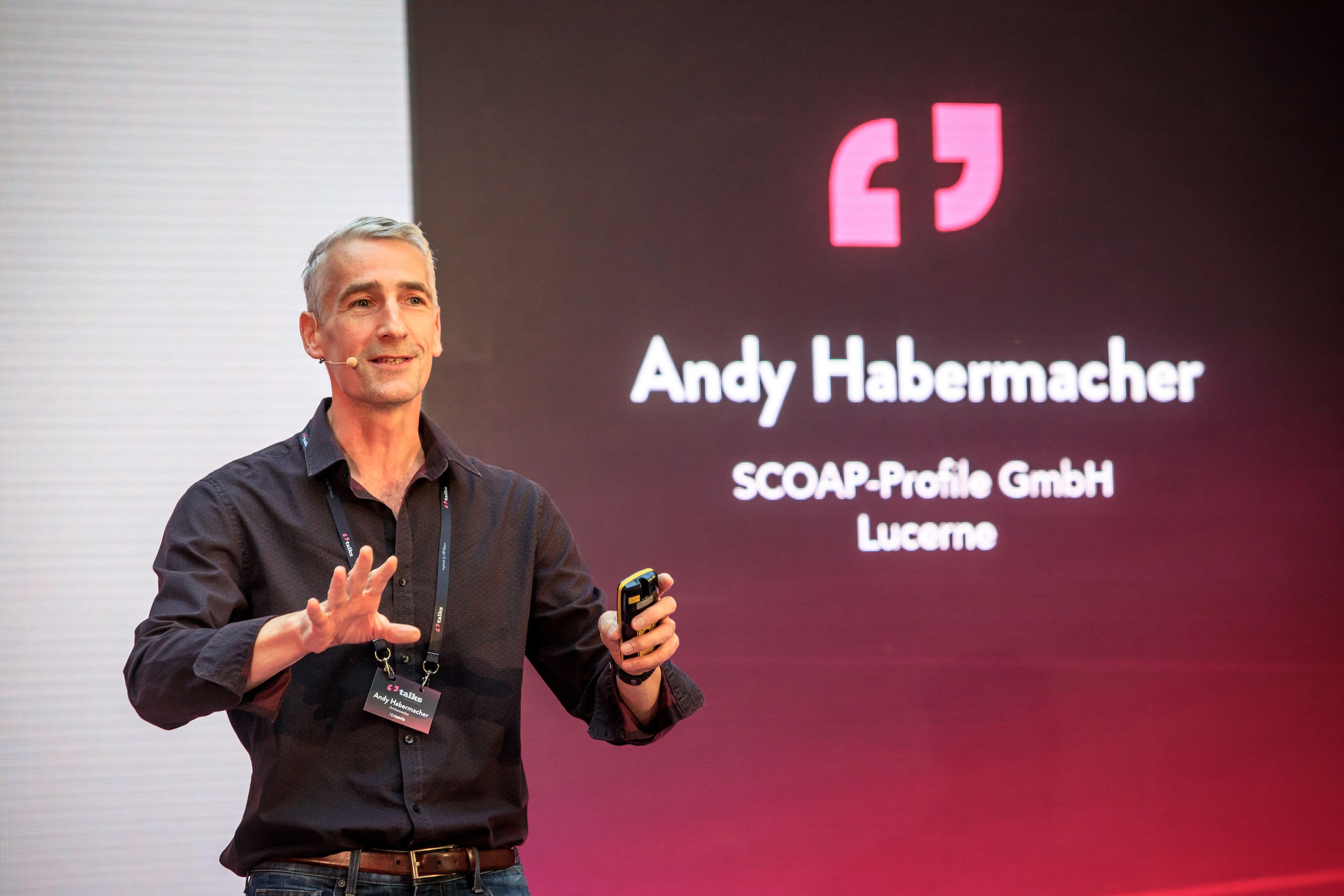
The best pattern of productivity to follow is a 52 minute block of work and a 17 minute break. Interruptions like e-mails, texts and social media lower people’s working IQ. If you look at your inbox your brain will be “gone”!
Alright, alright! We might be kidding about your brain leaving you because of your inbox. In fact, your brain is always going to be there, learning and growing tissue – yet, if you are facing a tough decision, just sleep on it. Your brain needs some incubation time to process everything. And since the best advice is found on the pillow, make decisions in the morning after breakfast.
Focus and doubts
Anyhow, sometimes the motivation to reach more and fight your fear is stronger than leaving it till morning. Szilvia Lubics is very familiar with facing her fears and overcoming her limits, as she runs longer and more demanding trails every year.
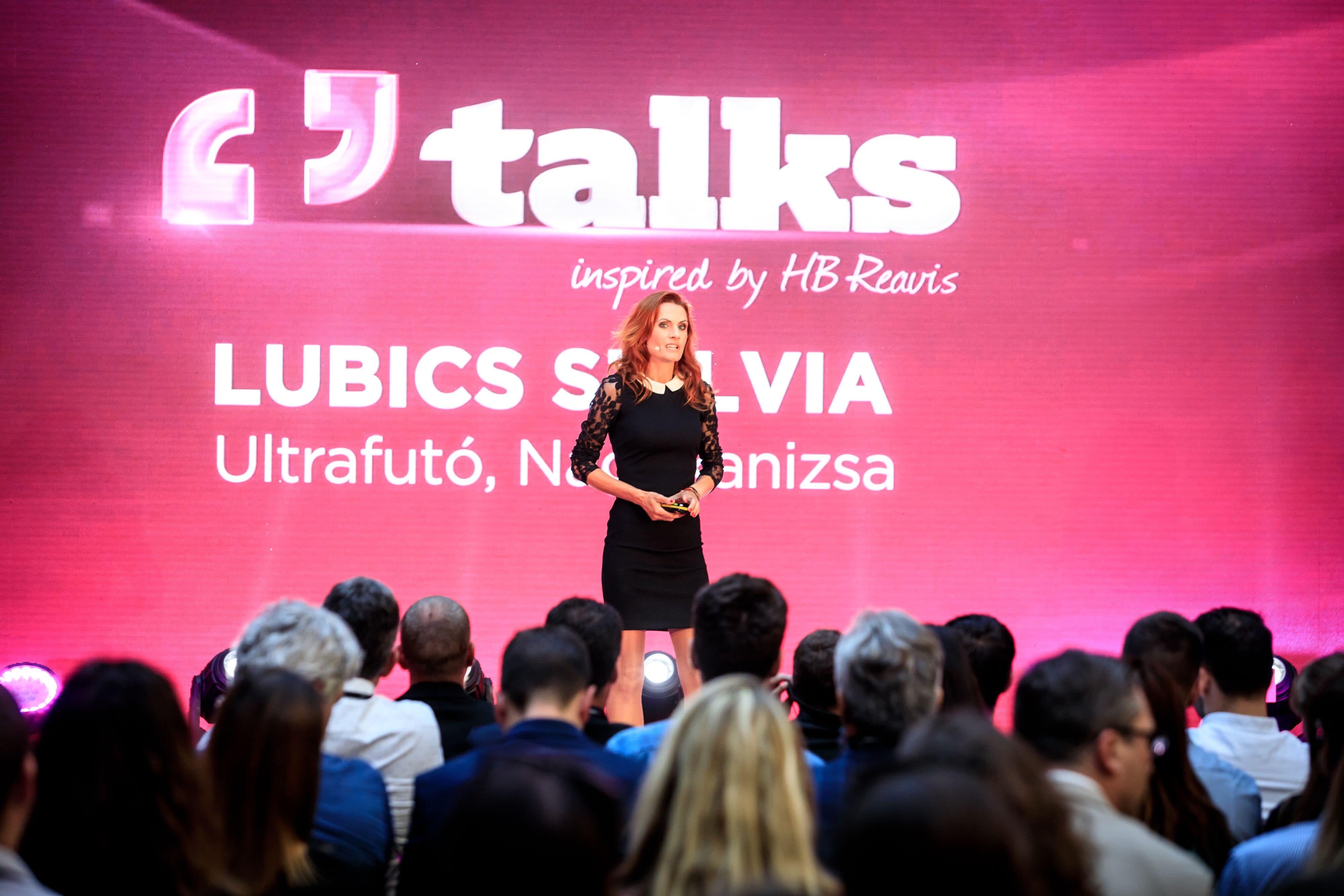
She admitted that the most important thing when running is to focus and put doubts aside. However, at work, it is not always our brain putting obstacles in our way, but our workspace.
Inclusive workspace
Would you like to know how employees see their workspace? Tim Oldman and his team created a measuring tool, the Leesman Index, an employee experience and workplace effectiveness indicator that evaluates how creative and efficiency enhancing a workspace is. Considering the fact that modern technologies make a difference in how global businesses run, overall, 78 per cent of employees still believe that workspace facilities are important.
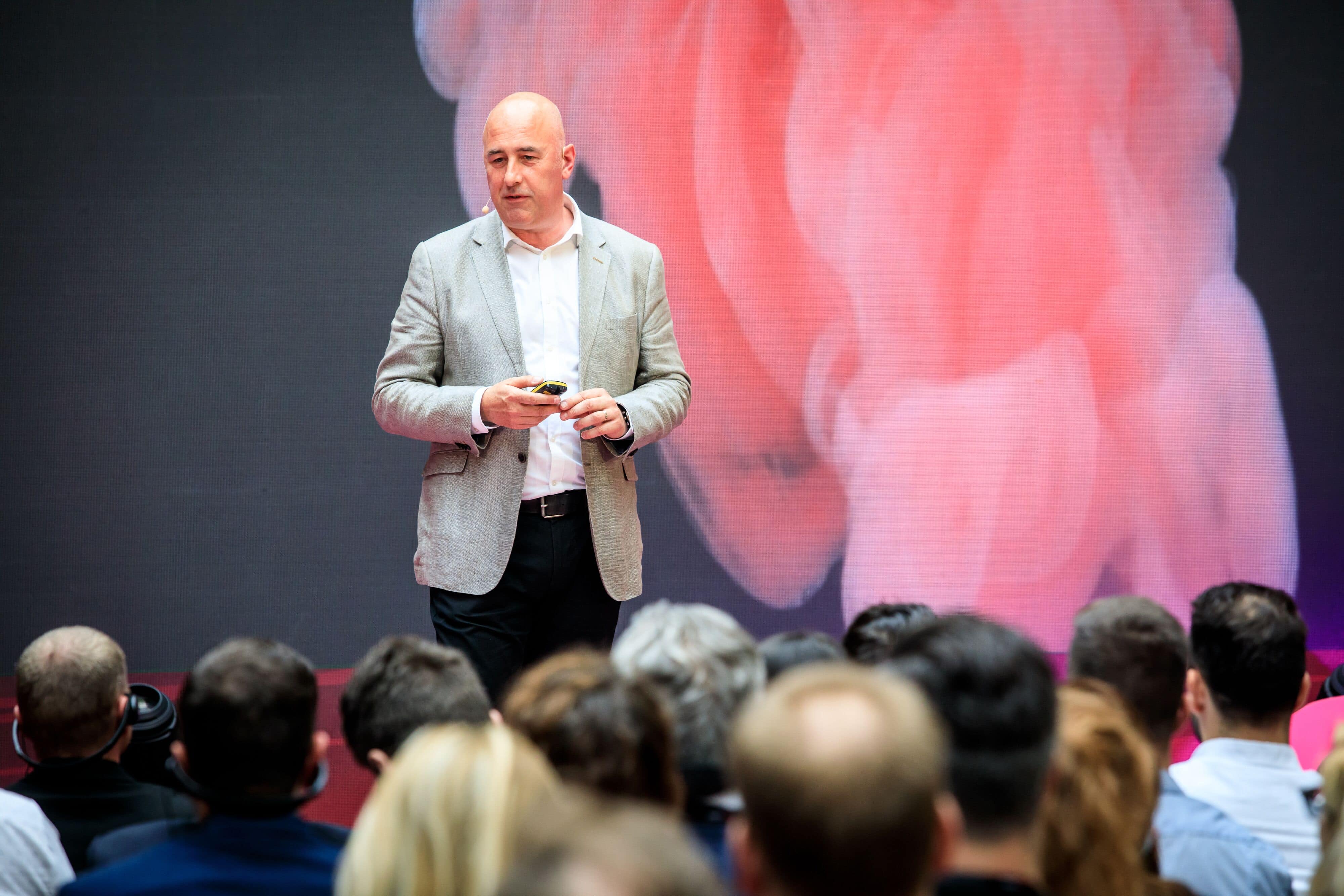
Workspace should be inclusive and participatory to drive cooperation. If their needs are not met, they tend to opt for home office over staying in an office as its perceived added value is low. What is not low, however, are CO2 levels and its impact on our life nowadays.
It’s happening now
You might be questioning the impact of the rising CO2 levels. Bad news. No need to! As Isztvan Bart explained, climate change is happening now because of CO2 that was released into the atmosphere 30 years ago. What does it mean? It means that our kids and grandchildren are going to live in an environment that we are creating for them right now.
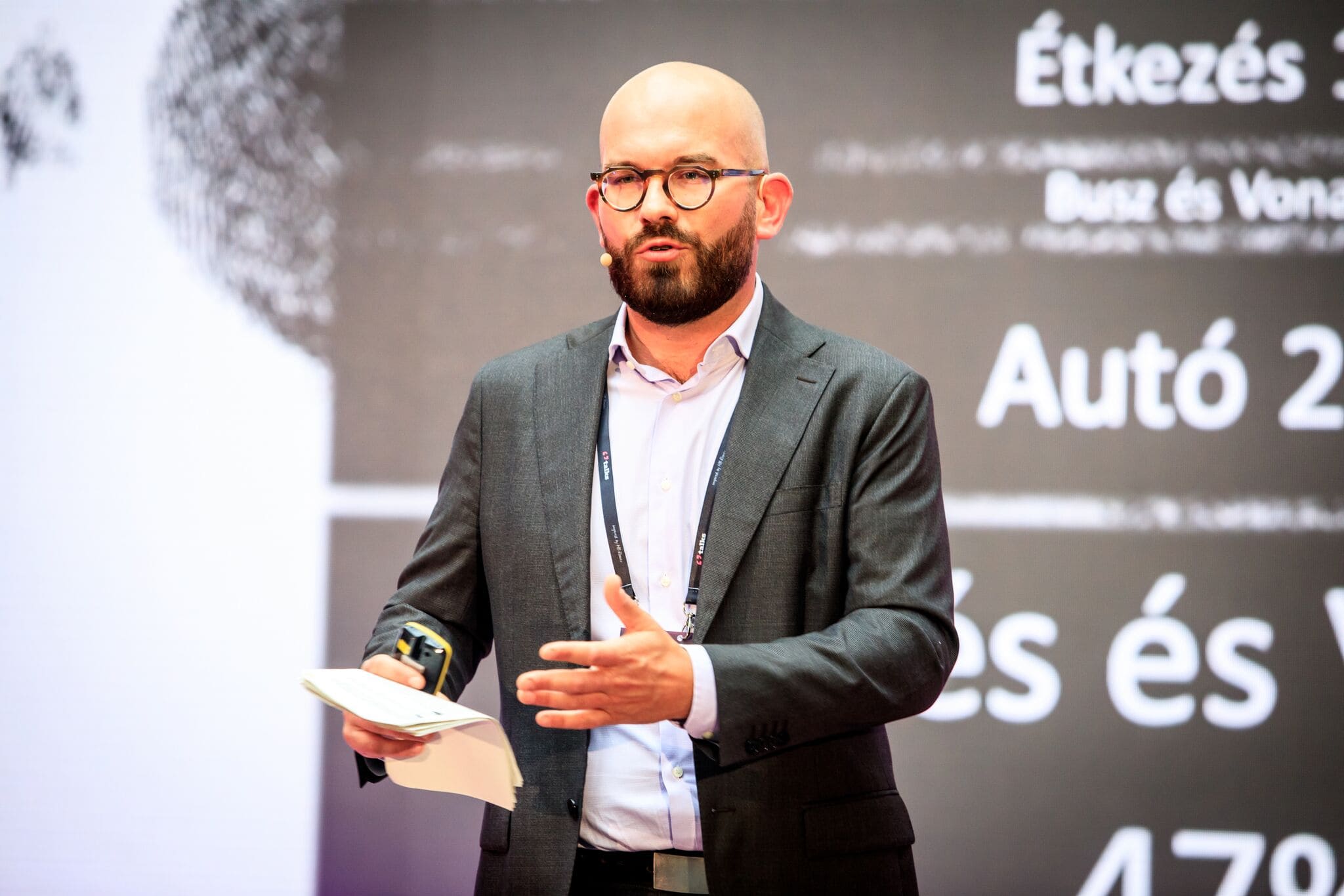
Even though the European Union is pushing to decrease its emissions, it is only responsible for 9% of CO2, globally speaking. To effectively decrease our impact, the big players like the USA, China and Russia must come to an agreement as well.
Until then, here are a few tips on how to reduce your very own CO2 footprint:
– Buy local products like fruit and veg, but also clothes
– Open your heart to second-hand stores as the production of new clothes is a great contributor to emissions
– Decrease the number of electronic appliances you use every day
– Reduce the number of flights you take as much as possible
